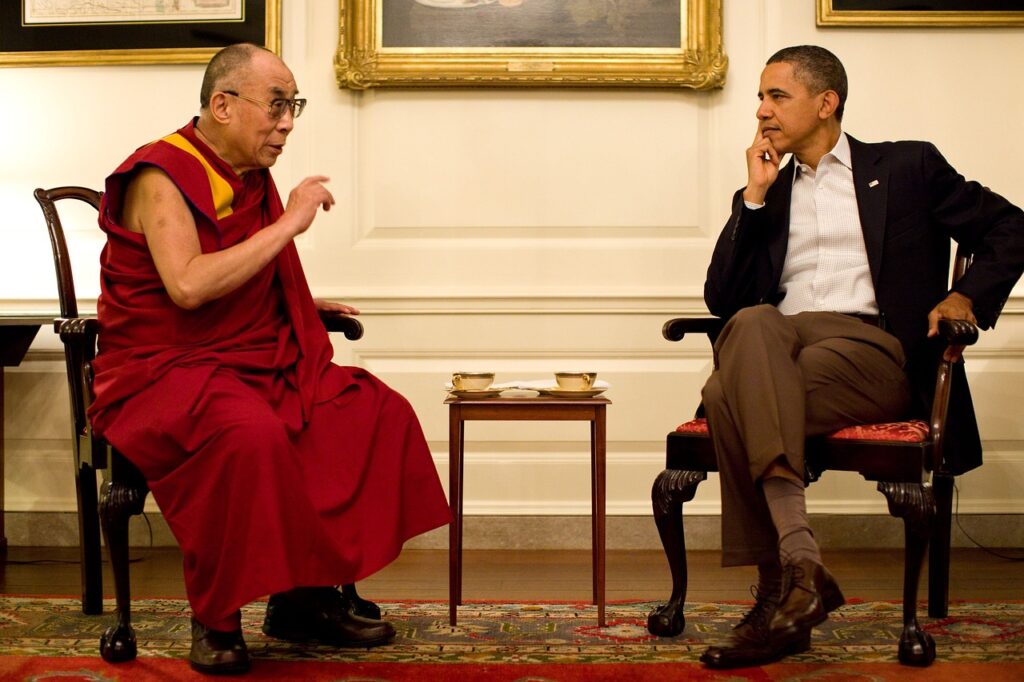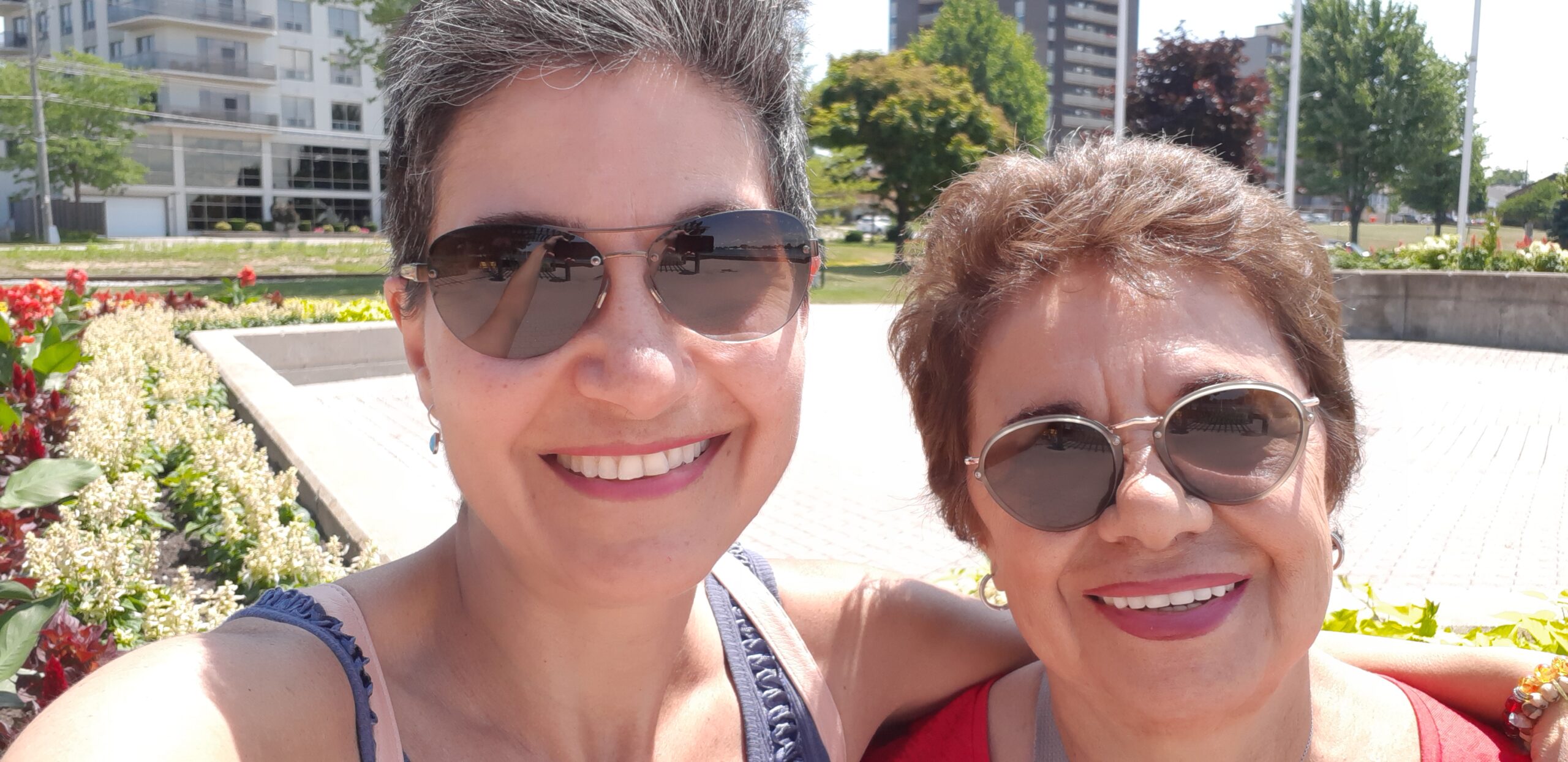“One of the most sincere forms of respect is actually listening to what another has to say.”
Bryant H. McGill
Even though my mom and I have a great connection, that doesn’t stop us from having the following types of conversations quite often.
Mom: – On your way to my place, will you pick
Me: – Pick up apples and walnuts? (Because I know that we planned to make apple pie together)
Mom: – No, silly! Will you pick your aunt up? She called and said she would like to come over and needs a ride.
That has something to do with her and me loving to complete each other’s sentences, knowing full well that what we say is nowhere near what the other means. But we love a good laugh and never miss an opportunity to have a loud one.
My mom and I do this intentionally and consciously as an internal joke. But seeing how far the misunderstandings between her and I could get, even though we have a close relationship, says a lot about potential miscommunications that could easily occur between people who are less familiar with each other – especially if they are not much in synch on hearing and understanding one another.
Why is communication particularly important?

Communication can be defined as the process of understanding and sharing meaning in what we say and how we say it, both in oral and written forms. If we did not communicate at all, how would we function? What would ‘not being able to ask for what you need or even to understand the needs of others look like?
Communication is the foundation of all human relationships. It is the very tool we use to express our ideas and feelings while recognizing the emotions and thoughts of others. Thus, we develop emotions that create preferably positive but sometimes also negative relationships.
Our communication skills help us to understand others. Not just their words but also their tone of voice, their nonverbal gestures, and the format of their written documents provide clues about who they are and what their values and priorities may be.
How Can You Be A Better Listener?
You might already be a great listener, but if you think that will stop me from sharing a few tips on being an active listener, reader, and successful communicator with you, that would be a mistake. So, here are my suggestions to you:
- Put on your curiosity hat and approach each dialogue to learn something.
- Stop talking and focus on what is being said.
- Suppress the urge to think about what you are going to say next,
- Use open-ended questions rather than questions that could get answered with just a yes or no.
- Ask follow-up questions to check the accuracy of your understanding and summarize what you heard to confirm you are on the same page.
- Encourage practicing positive feedback through a smile, a nod, or a supportive question to show your interest in the topic.
- Listen for total meaning, as the real message may be non-verbal or emotional, and be fully aware of the body language.
- Pay attention to your responses and respect the other points of view, even if you disagree.
Communication is an art. Be an artist. Create your best artwork with every person you communicate with.
This blog post was originally published on LinkedIn through Ipek’s ♾️Limitless Insights♾️Newsletter.


Always an interesting topic – how best to understand another’s message while also delivering your own.